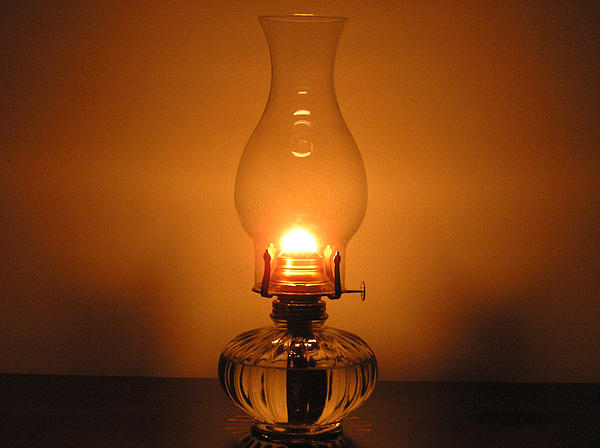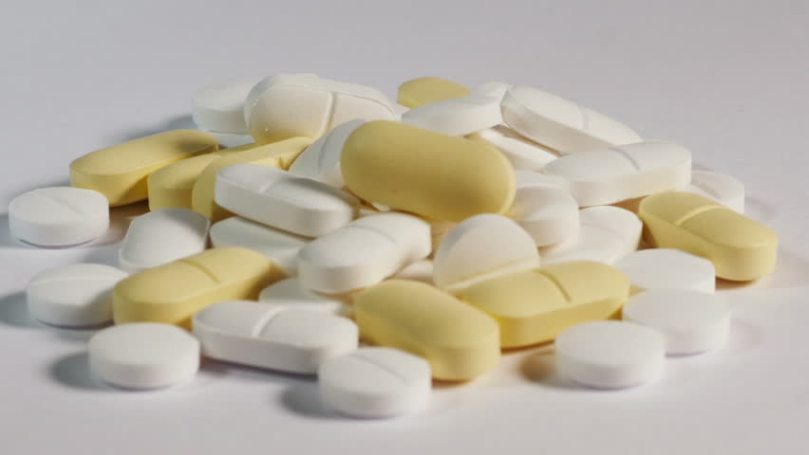Okay, hear me out.
I’m going to go with heart first, and then head.
Heart:
Depression is real, and it is crippling. It is fueled by anxiety, and stress, and chronic pain, and trauma. It can come in waves, from mild to severe, and it can last a day or (seemingly) a few years. It shreds self-esteem, it takes away joy, it leaves you feeling numb and empty and without hope that things could ever or will ever change. When I conjure an image of depression, I picture the time when everything in my life appeared to be perfect: wife and home and kids and church and job, that time when I kept a giant smile plastered on my face, but on the inside I felt unworthy of love, isolated, torn to pieces. I felt like no one could or would see me, and I truly believed that happiness would forever elude me. I know what that dark, soul-crushing space feels like, and I know it can last for so long. Empty prayers, empty heart, empty rooms, empty me. I was merely existing. I once wrote suicide notes in that space. I know what depression feels like. It is real.
And now, Head:
Depression is a condition. A medical condition. It has a place in the medical books with a list of symptoms that follows it. It’s something that happens to people, most people if not all people, at some time in their lives. It’s a human condition, and thus part of being human. Some people struggle with it mightily and for their whole lives, while some only have depressed days or periods from time to time. Just like some people are born with a genetic predisposition to diabetes or asthma or heart disease or addiction, some might be born with a predisposition for depression. It’s a condition, and one that must be managed, with personal responsibility. And that requires an education, and understanding, and healthy life management around the condition.
Example: Diabetes has everything to do with blood sugars, and can be regulated with food intake and exercise. In some more extreme cases, it requires medication, or a doctor’s care, but these conditions too can be managed, even if it means facing some life alterations or restrictions. Managing diabetes requires being educated about diabetes. It means learning what to eat, and how. It means knowing when to rest, and when to exercise. It means carrying insulin or fresh fruit or juice or candy to help manage the condition when it is out of control. It means educating others about the condition. It means… being responsible for it. For those who don’t manage it, who indulge and give little thought to consequences, they become burdened with the symptoms of the disorder, with low energy, frequent cravings, chronic pain, etc. For those who manage the disorder, despite the struggles that accompany its management, the burdens become easier to bear along with the healthier habits.
And in that same context, depression has everything to do with how the brain produces endorphins. It can be regulated with healthy relationships, nutrition and exercise, hydration, sleep, pain management, stress management, and coping mechanisms. And in some more extreme cases, it requires medication, or a doctor’s care, but these conditions too can be managed, even if it means facing some life alterations or restrictions. It must be managed.
There is a line from a Jason Mraz song that provided me with a lot of comfort when I was coming out of my own depression. The song is called Details in the Fabric, and it eloquently states in the chorus:
“If it’s a broken part, replace it.
If it’s a broken arm, then brace it.
If it’s a broken heart, then face it.”
If we as humans are responsible for ourselves (and we have to be!), then part of that means managing our own conditions. Whatever it is that is causing the depression has to be faced up to. Poor nutrition? An unhealthy relationship? An unfulfilling career? A disability? Chronic pain? The loss of a loved one? Too much stress? A lack of friends? Cold weather? An addiction? A broken heart? A low self-image? A traumatic childhood? Whatever it is, we have to take care of our own struggles and push through. We have to learn to get better. We have to be responsible for our own conditions.
In therapy, I frequently coach clients on how to get through the little tough moments. Little activities they can participate in to increase endorphin production in the brain. They don’t fix trauma or mend a broken heart, but they do help get through tough moments, hours, and days. And over sustained periods of time, we can break bad habits and start climbing out of the depression. The days get a bit easier a bit at a time. This is a ‘lose one pound per week for fifty weeks’ approach, as opposed to the ‘lose fifty pounds in one week’ approach that many hope for. Fixes aren’t often quick. New lifestyles take time to sustain.
Here’s the list. The brain naturally responds with serotonin and dopamine when we engage.
- Healthy eating. (Try being happy when you’re hungry or eating the wrong things).
- Water. (Try being happy when you’re thirsty or drinking only soda or coffee or energy drinks).
- Exercise. (Try being happy while consistently sedentary).
- Healthy human contact. (Friends! Therapy! Opening up and sharing with others!) (Try being happy when isolated, in stressful relationships, or while only engaging with others on social media).
- Sunlight. (Try being happy while remaining in dark rooms with the shades drawn).
- Achievement/getting things done. (Try being happy while constantly overwhelmed by what isn’t done, or while bored and lacking purpose.)
- Sleep. (Try being happy when sleeping too much or too little).
- Anti-depressants. (Medication isn’t always required, but vitamins and positive supplements are important. This also means avoiding stimulants and depressants, like too much alcohol and coffee, or other chemical-altering substances that exacerbate depression. Alcohol is the worst decision here).
We can not always control life circumstances, or even whether or not we have depression, but we can choose to participate with ourselves in our recovery from it. My depression, when I struggled with it, came from a combination from many things. My father had depression. I was sexually abused as a kid. I grew up gay in a world that told me gay people weren’t welcome. I grew up in a religion that had very high expectations, and left me feeling empty when I couldn’t measure up. I was physically abused by a step-father. I had scoliosis, and struggled with chronic pain. All of that, plus family stressors, before I was 18. I wasn’t responsible for any of those things. They were things that happened to me.
But somewhere along the way, given the stack of cards that I was dealt, I had to choose how to handle those things as an adult. I did a lot of things right: college, friends, therapy. But I did a lot of indulgent and difficult things as well, like too much food, further participation in the religion that was hurting me, and struggles with reconciling my own sexuality. I chose to get married and have children. I chose to keep eating, even when I became obese. I felt like there was no hope to make changes, and I participated in that hopelessness. And thus passed my 20s. A decade spent, responsible for myself and not handling it correctly. Wasted years. Good things came out of those years, like my college degree and my children, but they came from inauthentic spaces.
The process to healthy living for me required owning my past, my hurt spaces, my sexuality, my religious upbringing, my family culture, my food habits, my approach to relationships. It required exercise and healthy habits, therapy, journaling, financial responsibility. It required being a grown-up who loves themselves. It took work. And it got a bit easier, a bit at a time, over days, and weeks, and months, and years.
It required me loving myself, putting me first, along with my children, and healing from my past. It required me managing money appropriately, spending time with friends, learning how to process difficult feelings (like lonely and scared and angry and sad), keeping my home clean and tidy, exercising. It required me being responsible for me.
No one will just come along to save you. No prince will ride up on horseback, no surprise job will give you purpose, no lottery winning will take all your pain away. Because with the depression, even the magical things that happen feel like too much. The prince, the job, the lottery winnings, they feel just as hopeless as the rest.
And so back to heart: I know what it is like to live without hope. And I know what it is like to live happy. Life isn’t always easy. I have tough days. But it’s different. It’s so different. Struggles are manageable, temporary. I have tough hours or days, not a lifelong struggle of feeling broken. I got here. I did it. And now I’m working every day to stay here.
And I believe you can too. Be responsible for you, even when your insides tell you that you can’t. It’s so worth the effort. After all, what’s the alternative?


